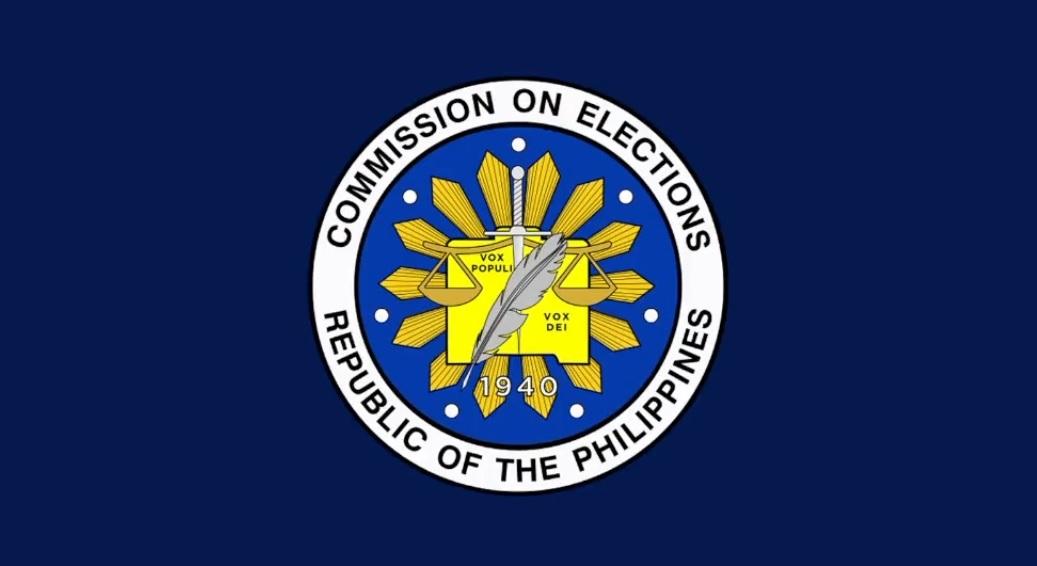Comelec to prohibit misuse of socmed, AI, internet for 2025 polls

The Commission on Elections (Comelec) will start regulating and prohibiting the misuse of social media, artificial intelligence (AI), and internet for the 2025 national and local elections (NLE) and Bangsamoro polls.
In a resolution promulgated Wednesday, the Comelec en banc has set the guidelines for the use, prohibition, and punishment of the misuse of the technologies for digital campaigning for the two elections next year.
The Task Force sa Katotohanan, Katapatan, at Katarungan (KKK) sa Halalan, led by the Comelec Education and Information Department (EID), will spearhead the implementation of the election campaigning rules and will monitor, detect, and receive reports of purported misuse.
Under the resolution, all candidates, parties, and their campaign teams are mandated to register all of their official social media accounts and pages, websites, podcasts, blogs, vlogs, and other online and internet-based campaign platform before the EID within 30 calendar days after the filing of certificates of candidacy (COC), or until December 13, 2024.
The election task force will review the applications and endorse it for approval or denial to the Commission en banc.
Approved registration will be published on the Comelec’s official website and social media accounts.
Artificial intelligence
Meanwhile, the poll body required all candidates and parties to issue disclosure for all election and campaign paraphernalia created using AI.
The disclosures and disclaimers “shall be clear, conspicuous, and not easily removed or altered, must remain visible or audible for a sufficient duration both before and after the campaign material is presented”.
It should likewise explicitly state that the content has been manipulated using AI, and should include a detailed explanation of the nature and extent of the manipulation, as well as an official statement confirming that all individuals depicted in the manipulated election material were consented.
“Any entity involved in distributing synthetic election-related media is also required to ensure that the media contains the necessary disclosures and disclaimers as mandated,” the resolution reads.
Election offense
Meanwhile, the following are prohibited during the campaign period:
- Use of "false amplifiers," such as fake accounts, bots, and astroturf groups filled with fake users to propagate disinformation and misinformation in endorsing or campaigning against a candidate, a political party / coalition, or party-list organizations, or to propagate disinformation, and misinformation targeting the Philippine election system, the COMELEC, and electoral processes during the election and campaign period;
- Coordinated inauthentic behavior and utilization of hyperactive users for the aforementioned purposes;
- Creation and dissemination of deepfakes, cheapfakes, and soft fakes for the aforementioned purposes;
- Use of fake and unregistered social media accounts during the election and campaign period for the same purposes;
- Creation and dissemination of fake news in furtherance of the aforementioned purposes;
- Use of content produced through Al technology but without compliance to the transparency and disclosure requirements under these guidelines.
Violating the guidelines would result to a show cause order (SCO), requiring the involved candidates or parties to explain why a complaint should not be filed against them.
The task force will also file a motu proprio election offense complaint against the respondent before the law department.
Involved contents, social media or digital platforms, or accounts and campaign materials will be requested to be removed, taken down, or blocked of the involved to the technology providers, or a complaint, with a demand for the takedown of the subject content, may be made before the National Telecommunications Commission (NTC), Cybercrime Investigation and Coordinating Center (CICC), the NBI Cybercrime Division, the MTRCB, and other relevant government agencies.
Immediate debunking of fake news published and disseminated against the Philippine election system, the COMELEC, or the electoral processes shall also be undertaken by Task Force sa KKK sa Halalan.
Apart from its existing members, the task force shall be composed of lawyers, special investigators, agents, as well as representatives from the Office of the Chairman, Office of the Commissioners, and the Law Department; cybersecurity officials, and highly technical experts hired by Comelec or other involved government agencies.
“Minarapat naitn agad na mag-issue ng guidelines patungkol sa AI, digital campaign, paggamit ng deep fakes, at social media in general. We're hoping na sana ito ay makaligtas sa legal scrutiny ng mga magagaling na abogado. Sana mabigyan nila ng chance,” said Comelec chairperson George Erwin Garcia Thursday at the sidelines of the Senate hearing on their proposed 2025 budget.
('We issued the guidelines on AI, digital campaigns, the use of deep fakes, and social media in general. We hope these guidelines will withstand legal scrutiny from excellent lawyers. Hopefully, they'll be given a chance.)
“First time ito na ginawa at gagawin ng Comelec na magkakaroon tayo ng regulation patungkol sa social media. Regulated natin ang dyaryo, radyo, ang TV, bakit ang social media walang regulation?” he said.
(This is the first time the Comelec is working on regulations related to social media. We regulate newspapers, radio, and TV, so why shouldn't social media be regulated?)
Garcia added: “Ang hope natin may maparusahan at the same time, maikahon ika nga ang gumagamit ng social media sa panahon ng kampanya”.
(Our hope is to penalize those responsible and, at the same time, to hold accountable those who use social media during the campaign period.) —AOL/NB, GMA Integrated News




